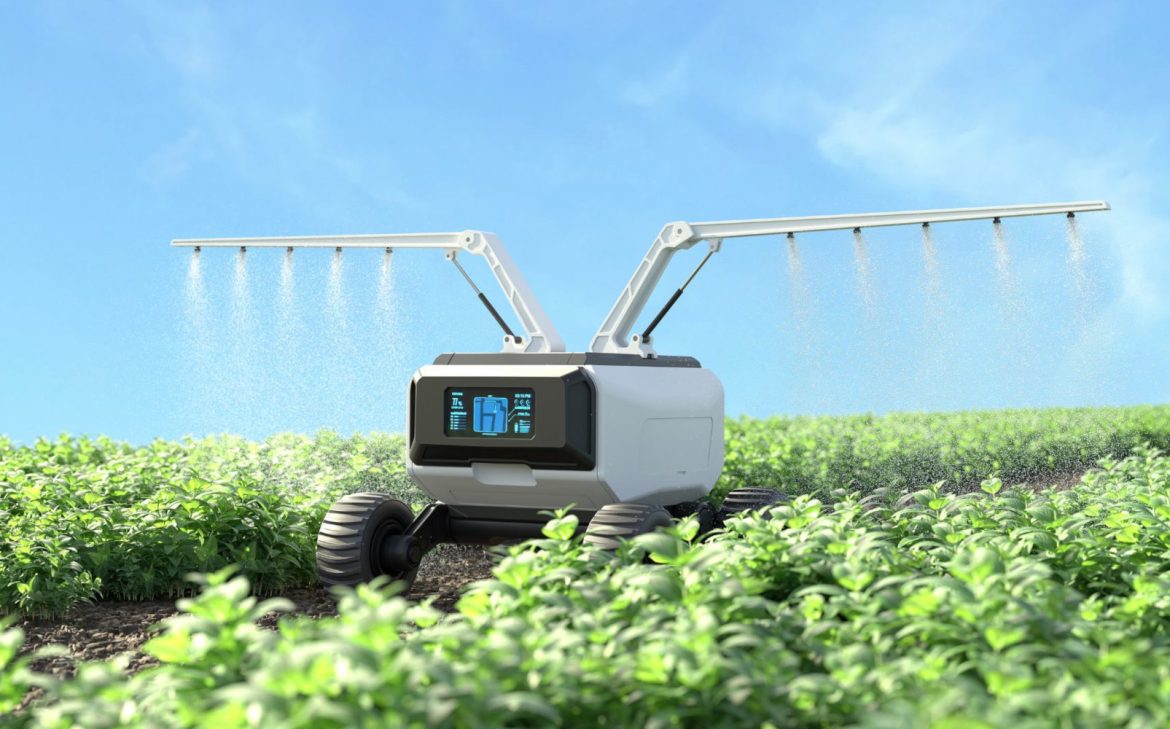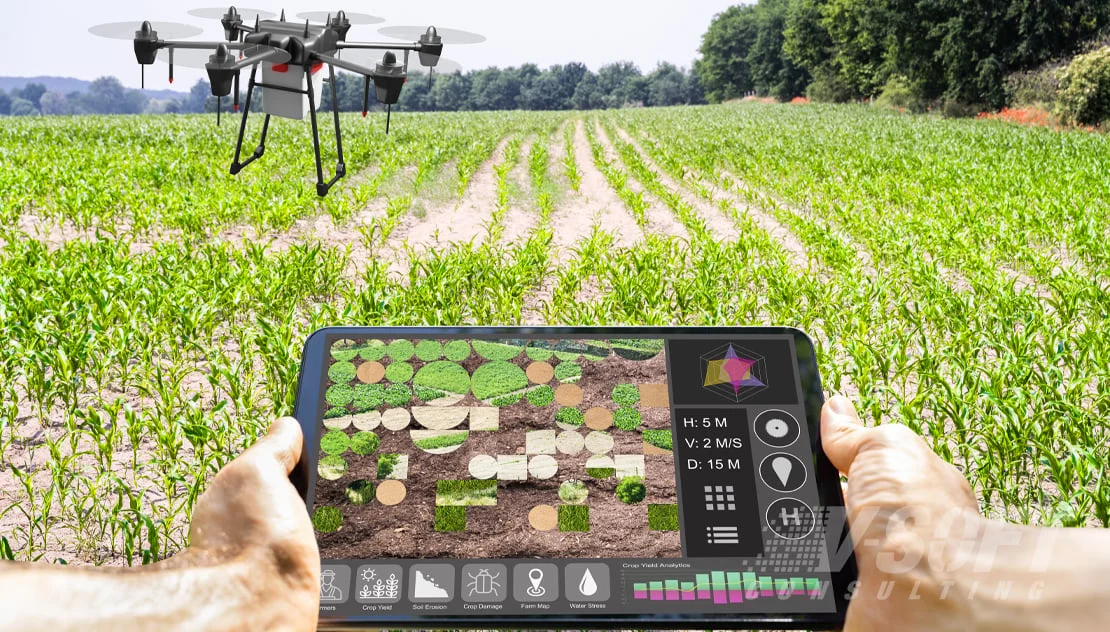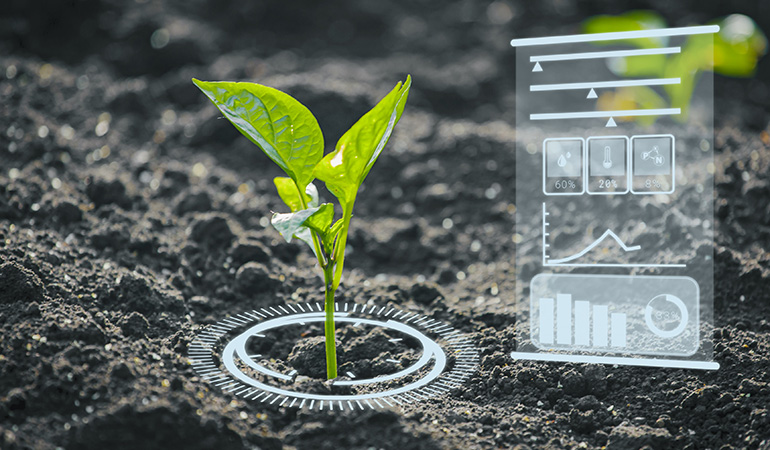Artificial Intelligence (AI) is transforming the agriculture industry, offering smarter ways to increase productivity, optimize resource use, and ensure sustainable farming practices. Understanding how AI is applied in agriculture helps farmers and organizations make data-driven decisions that improve yields and reduce costs.
What is AI in Agriculture?
AI in agriculture refers to the use of intelligent technologies such as machine learning, computer vision, drones, and predictive analytics to monitor crops, manage soil health, automate farming tasks, and enhance decision-making.
How AI Works in Agriculture
AI systems gather data from various sources like sensors, satellites, drones, and farm equipment. By analyzing this data, AI can provide real-time insights about soil conditions, weather patterns, pest infestations, and crop health. This allows farmers to take timely actions to protect and improve their harvests.
Key AI Techniques Used
Machine Learning: Helps predict crop yields, detect plant diseases, and recommend the best farming practices based on historical and real-time data.
Computer Vision: Analyzes images from drones and sensors to monitor crop growth, identify weeds, and assess plant health.
Predictive Analytics: Forecasts weather changes, pest outbreaks, and market trends to support strategic planning.
Robotics and Automation: AI-powered robots perform tasks such as planting, weeding, and harvesting with high precision.
Benefits of Using AI in Agriculture
AI improves farming efficiency, reduces labor costs, conserves resources like water and fertilizers, and supports sustainable agriculture. It helps farmers make informed decisions, leading to higher crop yields and better quality produce.
Limitations to Keep in Mind
AI in agriculture requires significant investment in technology and infrastructure. Access to high-quality data, technical knowledge, and internet connectivity are also essential for successful implementation.
Conclusion
Innovations in AI are reshaping the future of agriculture by making it smarter, more efficient, and environmentally friendly. By embracing AI technologies, farmers can overcome traditional challenges and contribute to global food security in a sustainable way.







Leave feedback about this